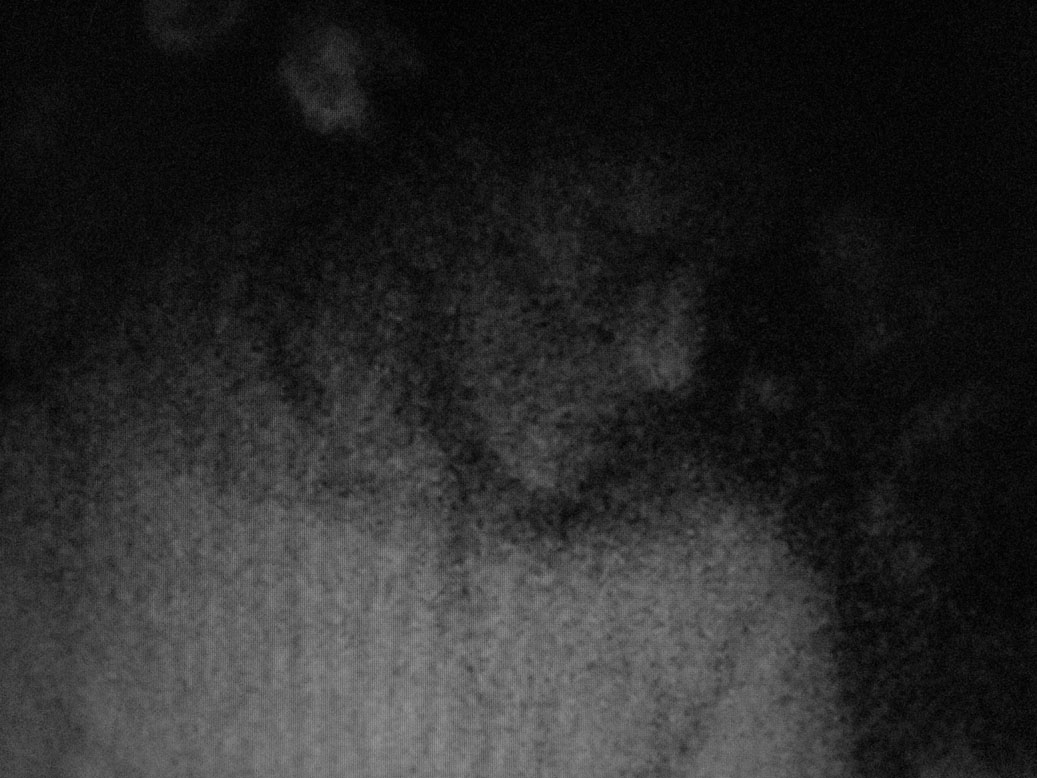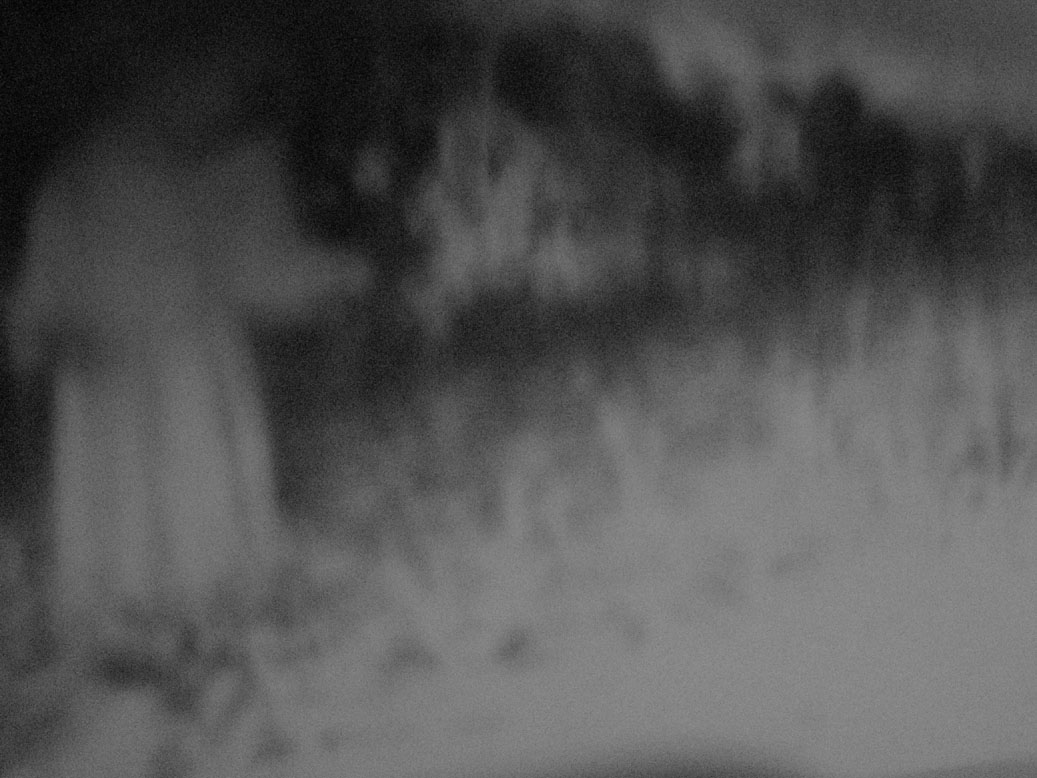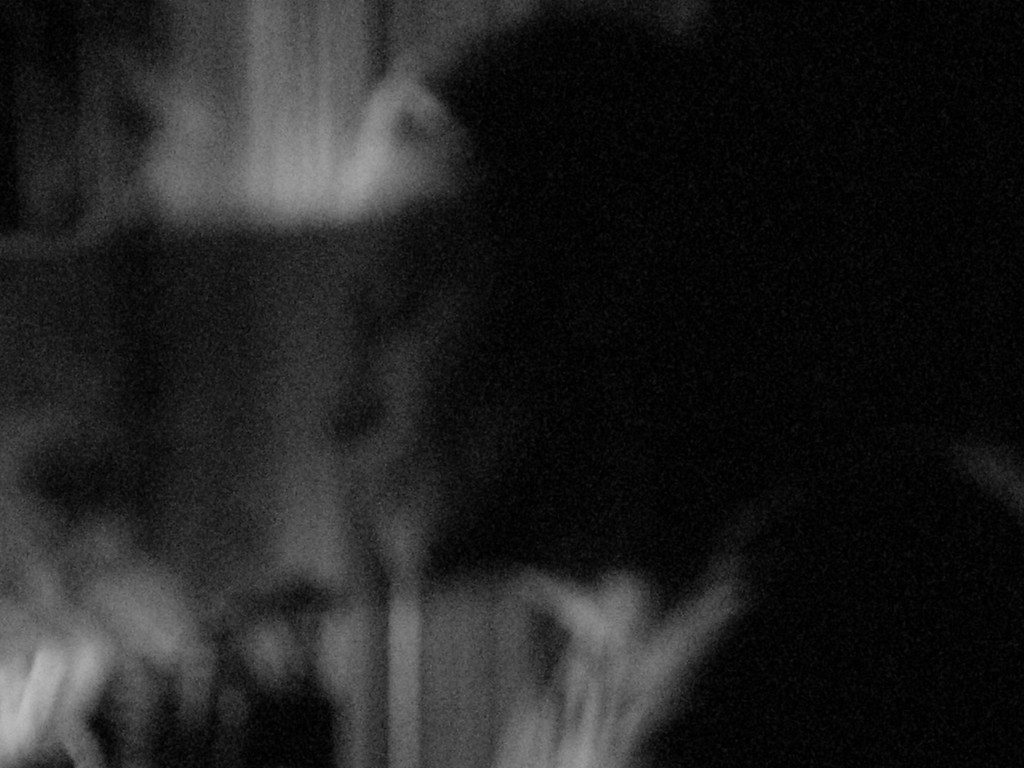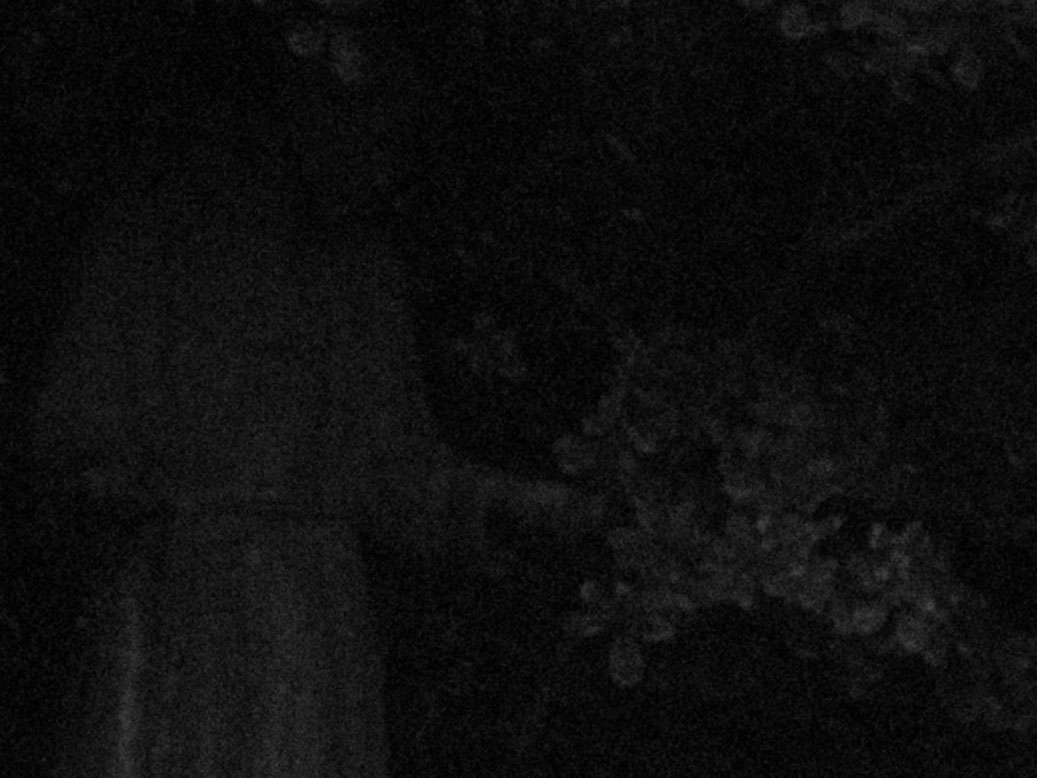in the precedent section mention was made, amongst other pleasant objects, of this comeliness and beauty which proceeds from women, that causeth heroical, or love-melancholy, is more eminent above the rest, and properly called love. the part affected in men is the liver, and therefore called heroical, because commonly gallants, nobleman, and the most generous spirits are possessed with it. his power and extent is very large, and in that twofold division of love, those two
veneres which plato and some other make mention of, it is most eminent and (par excellence) called venus, as i have said, of love itself. which although it be denominated from men, and most evident in them, yet it extends and shows itself in vegetal and sensible creatures, those in-corporeal substances (as shall be specified), and hath a large dominion of sovereignty over them. his pedigree is very ancient, derived from the beginning of the world, as phaedrus contends, and his parentage of such antiquity, that no poet could ever find it out.......
his power and sovereignty is expressed by the poets, in that he is held to be a god, and a great commanding god, above jupiter himself; magnus daemon (a mighty spirit), as plato calls him, the strongest and merriest of all the gods according to alcinous and athenaeus.
amor virorum rex, amor rex et deum, as euripides (love is) the god of gods and governor of men; for we must all do homage to him, keep an holiday for his deity, adore in his temples, worship his image (numen enim hoc non est nudem nomen [for this is a deity and not merely a name]), and sacrifice to his altar, that conquers all, and rules all.
i had rather contend with bulls, lions, bears, and giants, than with love; he is so powerful, enforceth all to pay tribute to him, domineers over all, and can make mad and sober whom he list; insomuch that caecilius, in tully's tusculans, holds him to be no better than a fool or an idiot that doth not acknowledge love to be a great god..........
the third partition, page 40-41 of
robert burton's the anatomy of melancholy, seventeenth century



 m swiezynski reinterpretations of bergman's the silence
m swiezynski reinterpretations of bergman's the silence





4 comments:
the st. francis photos are gosh darn beautiful! great stuff. i can't believe how encyclopedic your posts are.
thank you kindly steve,
not sure if you have ever seen the st francis figure in the botanical gardens here in sf, he is such an inspiring figure, i use to live near him, and go every weekend to spend time there (the closest i come to church). right next to him is a bell from a mission.
well, thanks again.
Your magnificent st. francis photos naturally reminds me the extraordinary scene of the Rosselini's film , when saint François (San Francesco) meets the leper at night.
I believe that this moment is one of the most beautiful of the cinema.
thank you indeed mr. swallows, i love that part of the movie.
i think i could settle for that alone in the movie, it is so beautiful. and watch it on repeat.
Post a Comment